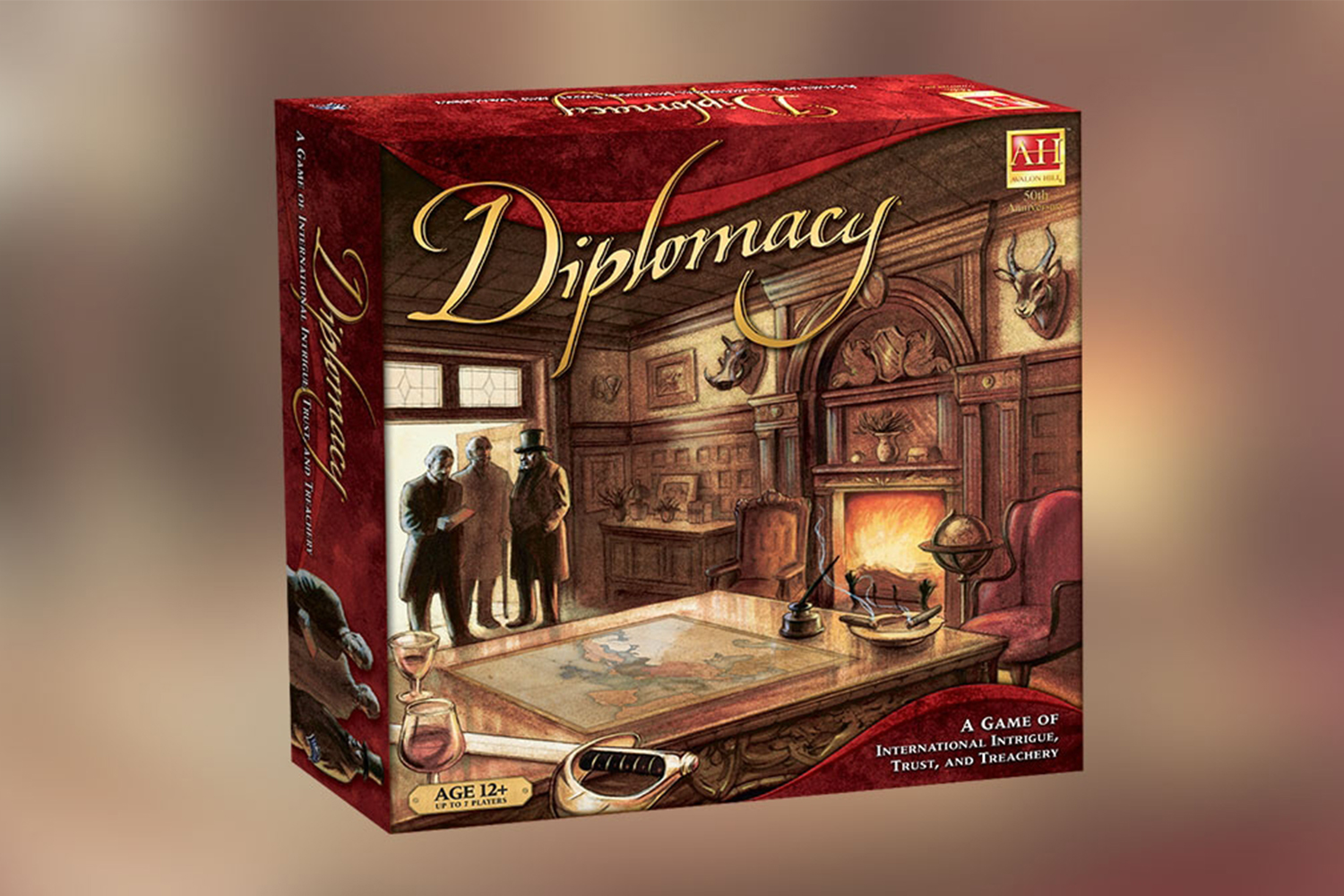Whether you’re playing them in the same space as your fellow players or online, it’s not hard to see the appeal of board games — especially right now. And while board games are largely recreational in scope, there’s also a sense that comes up when playing some games that the experience might help expand one’s mind in other avenues of life as well.
But what happens when that’s less of an inspiring story than a cautionary tale? At Foreign Policy, David Klion wrote about his long-running fondness for a decades-old board game called Diplomacy. “The game is not for everyone, but it is ideally suited for the kind of nerd who has a deep interest in international relations, geopolitics, or really politics of any kind,” Klion writes, going on to mention that the game’s fans include John F. Kennedy and Henry Kissinger.
Klion offers a short overview of the game: in its original configuration, it’s set in 1901 Europe and involves a detailed series of maneuvers and negotiations among seven players. (There are also modified versions, including an intriguing NYC-set variant.) And he also conveys his own passion for the game, even as he offers a cautionary tale about the kind of player the game can attract.
“This is a game for people who dream about power in its purest form and how they might effectively wield it,” Klion writes. He goes on to tell the story of someone he used to play the game with who has since gone on to a career in politics (including a mention in the articles of impeachment against Donald Trump). Klion calls Diplomacy “an ideal training ground” for those wanting to go into politics — but given that he also discusses the game’s sense of amorality, that’s not necessarily meant as a full-fledged endorsement.
Thanks for reading InsideHook. Sign up for our daily newsletter and be in the know.
